
Posted on August 26, 2024
RE.SEARCH 9 is our most novel edition yet. In it, we have featured research that encourages us to think afresh, and is doing so, we’ve highlighted new ways of looking at research. You can expect to read about research that has potential and promise for the future but which is still nascent...

Posted on August 14, 2024
New research by scientists at the University of Pretoria (UP) has shown that pulse oximeters, originally designed for humans, can be used more effectively to monitor the blood oxygen levels of rhinoceroses who are under anaesthesia and immobilised – by attaching them at an unusual site: the...

Posted on June 04, 2024
University of Pretoria (UP) scientists have contributed to discovering how the naked mole rat is able to withstand heart attacks and fend off bowel cancer, two of the most fatal human ailments in the developed world. Their findings were published recently in two Nature Communications papers.

Posted on May 07, 2024
In a world in which there is an ever-encroaching digital footprint and high-tech solutions, it is vital that we reconnect with an outlook of compassion, care and communication. We do this through connection and connectivity. The theme of our latest issue, ‘Connect’, highlights how UP...
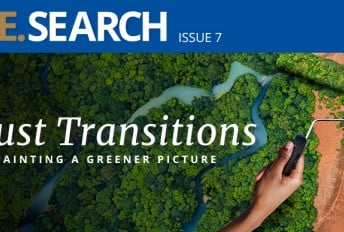
Posted on November 23, 2023
This edition explores the theme of ‘Just Transitions’ which is generally characterised by ideas of sustainability and the greening of the economy, and supported by the ideas of resistance, rethinking and restructuring society for a better and more equitable future. As one of the most...
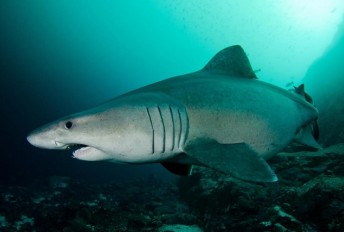
Posted on November 15, 2023
New research arising from a collaboration between scientists at the University of Pretoria (UP) and Trinity College Dublin has shown there are likely more warm-bodied sharks out there than previously thought.
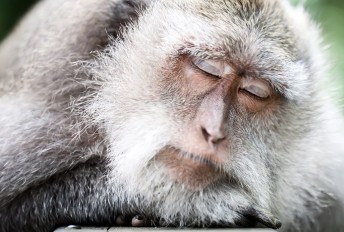
Posted on October 23, 2023
The quest for immortality has long fascinated humans, and inspired countless tales – now, in two new studies published in the journals Nature and Science, University of Pretoria (UP) researchers, along with a team of global experts known as the Mammalian Methylation Consortium, are a step...

Posted on May 16, 2023
With climate change said to be affecting the intensity of rainfall, experts at the University of Pretoria (UP) have investigated if there are observable changes in the probability of significant to extreme daily rainfall across South Africa.
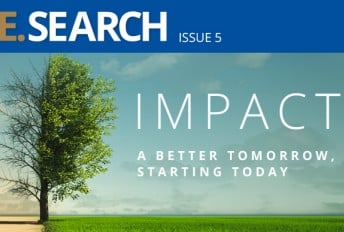
Posted on April 17, 2023
This issue of RE.SEARCH looks at the impact of the University of Pretoria's research from early childhood interventions and the use of traditional medicines for holistic nursing to the role of women in peacekeeping efforts. The issue also provides insight into the critical question of coal power...
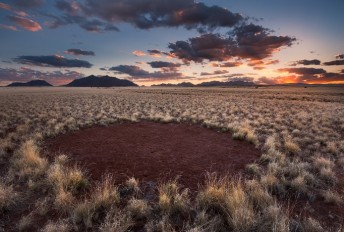
Posted on March 29, 2023
University of Pretoria (UP) scientists have posited a theory that could explain the tens of thousands of “fairy circles” that can be seen dotted across the arid landscape of Namibia.
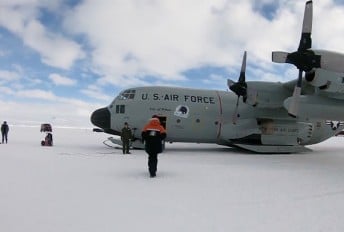
Posted on December 07, 2022
The ice-free areas of Antarctica were initially thought to be devoid of life, but with the advent of modern genetic technologies, scientists now know that microorganisms have adapted to living in this extreme environment.
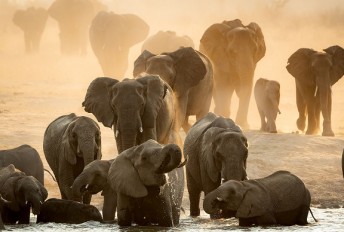
Posted on November 24, 2022
A new series of maps drawn up by Emeritus Professor Rudi van Aarde of the University of Pretoria (UP) and Dr Ryan Huang of Duke University in the US details where African elephants prefer to roam in Southern Africa.
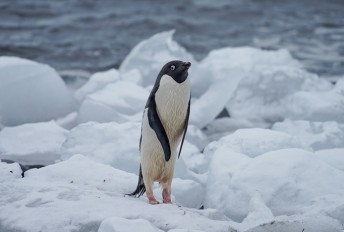
Posted on November 02, 2022
The Southern Ocean around Antarctica needs urgent protection – for the sake of the rest of the world. This marine wilderness is threatened by climate change and commercial fisheries, says University of Pretoria (UP) macro-ecologist Dr Luis Pertierra, an expert on the natural value of the...
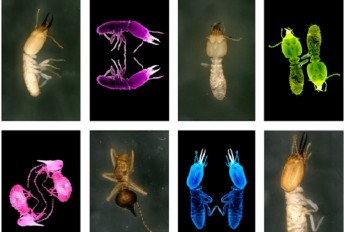
Posted on September 28, 2022
The University of Pretoria (UP) recently participated in an international study led by the University of Miami to investigate termite and microbial wood discovery and decay. Termites release carbon from the wood as methane and carbon dioxide, which are two of the most important greenhouse gases...

Posted on August 05, 2022
Welcome to the third issue of, RE.SEARCH. The first two issues looked at ‘Sustainability’ and ‘Innovation’. Issue 3 looks at how we can ‘Renew’ our ways of thinking and grow possibilities. This edition features research that should excite everyone from the...
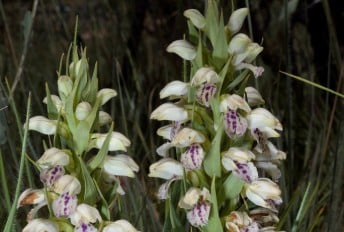
Posted on July 12, 2022
The Albertina Sisulu orchid was described as a new species in 1955, the same year the struggle stalwart launched the Freedom Charter with her compatriots in the ANC Women’s League. Researchers at the University of Pretoria want to help save this endangered plant by understanding the unique...
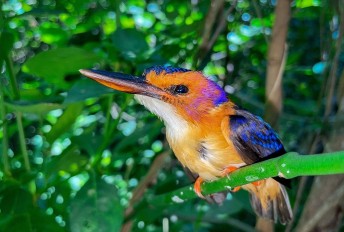
Posted on June 22, 2022
Rising temperatures as a result of climate change will affect bird species differently, and their abilities to withstand extremely hot conditions depend on the part of the world that they find themselves in and the climatic region to which their physiology has become adapted over the course of...
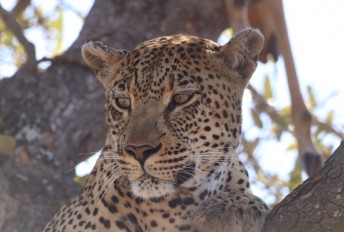
Posted on March 11, 2022
Scientists have studied wild carnivores roaming protected areas for a long time, but predator numbers in unprotected areas remained unclear until recently. In Platjan, Limpopo, where farmers share the land with leopards and other predators, researchers led by Philip Faure have now tracked these...
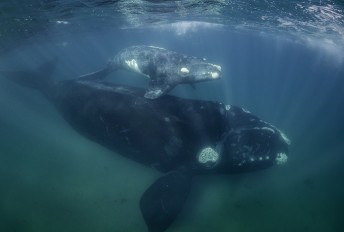
Posted on March 01, 2022
UP’s Mammal Research Institute Whale Unit and WWF South Africa are teaming up to support research on southern right whales in response to warming oceans and changes to ocean processes which are affecting the number of whales visiting SA's shores.

Posted on February 09, 2022
A groundbreaking study undertaken by researchers from the University of Pretoria’s (UP) Faculty of Veterinary Science has revealed that the heart operates with declining energy efficiency as body size increases among mammals.
Copyright © University of Pretoria 2025. All rights reserved.
Get Social With Us
Download the UP Mobile App